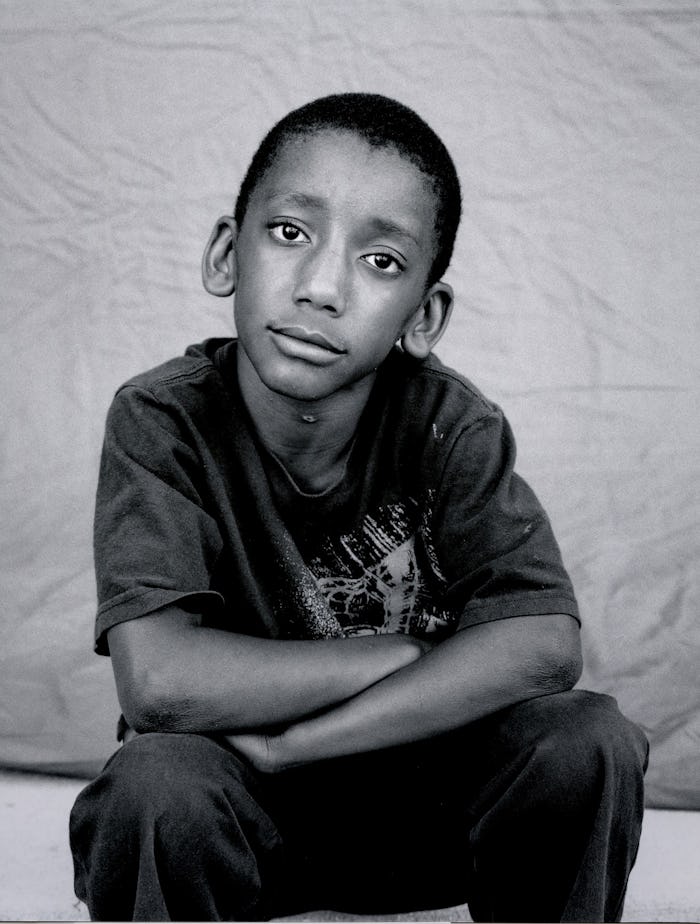It's no secret that different kids have different temperaments. But sometimes it can be difficult to decipher what your child's personality is while they're still growing. Different children need different types of nurturing, depending on their personality. Extroverts require different situations than introverts. But how can you tell if your child is an extrovert or an introvert? Extroverts are usually easy to spot in a crowd, but introverts can be more difficult to figure out. If you're wondering is your child an introvert, then there are a few signs to be on the lookout for.
In a society where extroverts seem to be at the helm of so many things, being an introvert can be tough. And if it's tough as an adult, imagine how difficult it can be for children. To a certain extent, people expect children to be outgoing, interested in big parties, and inviting their entire class over for rambunctious activities. But for introverts, these activities can be particularly draining. By recognizing whether or not your child is an introvert in your child's early years, you can save you and your child a lot of difficulty during their growth, and help give your child a sense of comfort in being who they are, even if who they are isn't an overly social kid.
First, it's important to recognize that shyness and introversion are not the same thing. In an interview with Parents magazine, clinical psychologist Rachel Busman said that there are a lot of misconceptions about introversion. "It's not the same thing as shyness," said Burman. "People who are introverted prefer to be more contemplative and get more energy from spending time alone or doing a solitary, thoughtful activity." Burman went on to say that while introverted children can be quiet in social situations, that doesn't mean that all quiet children are introverts.
According to Jennifer Granneman of Quiet Revolution, there are several different ways to distinguish whether or not your child is an introvert. If your child would rather stand back and watch the other kids than dive into the middle of the playground, if they have a few close friends rather than an entire posse, if they spend a lot of time talking to themselves, and if they prefer one on one time to larger social gatherings, Granneman said you may have an introvert on your hands.
If you're an extrovert yourself, it may be difficult to understand your child at first. In fact, many extroverted parents worry about their introverted children, according to Granneman. But you don't always need to worry, because introverted children aren't necessarily troubled or depressed simply because they prefer less social activity. In her book The Hidden Gifts of the Introverted Child, Dr. Marti Olsen Laney explained that introvert brains are simply wired differently. Because of this, your child's needs may be different than your needs were as a child, it's important to be aware that you may need to adjust your parenting style for your child. In an interview with Parents magazine, Jen Meyers, co-author of Raising Your Child said that being sensitive to your child's personality needs is important. "When your child is ready to do something, she will do it," said Meyers. "Following your child's inner timeline is important for your child's development of self-esteem and self-worth because it is saying that your child's timeline is okay." Meyers went on to say that paying attention to whether a big crowd, or a noisy place is fun or overwhelming for your child, is important. This kind of distinction can begin at an early age, according to Meyers. "You're going to understand how your baby reacts, and you're going to naturally be able to choose activities that best suit his personality."
By paying attention to how your child reacts in certain situations, and educating yourself on introversion, you can help nurture your child and understand them better on the whole. And who doesn't want to understand their kids? If you think you may be parenting an introverted child, and you're not sure where to start when it comes to nurturing, Susan Cain, author of Quiet Revolution: The Power of Introverts in A World That Can’t Stop Talking offers community and resources for parenting introverted children on her website, Quiet Revolution.
